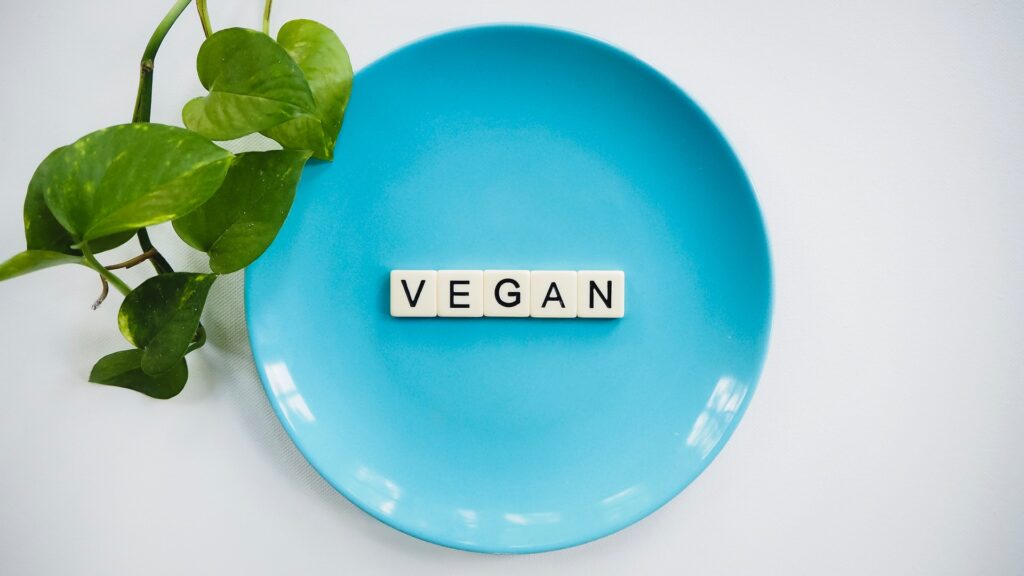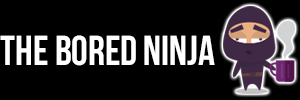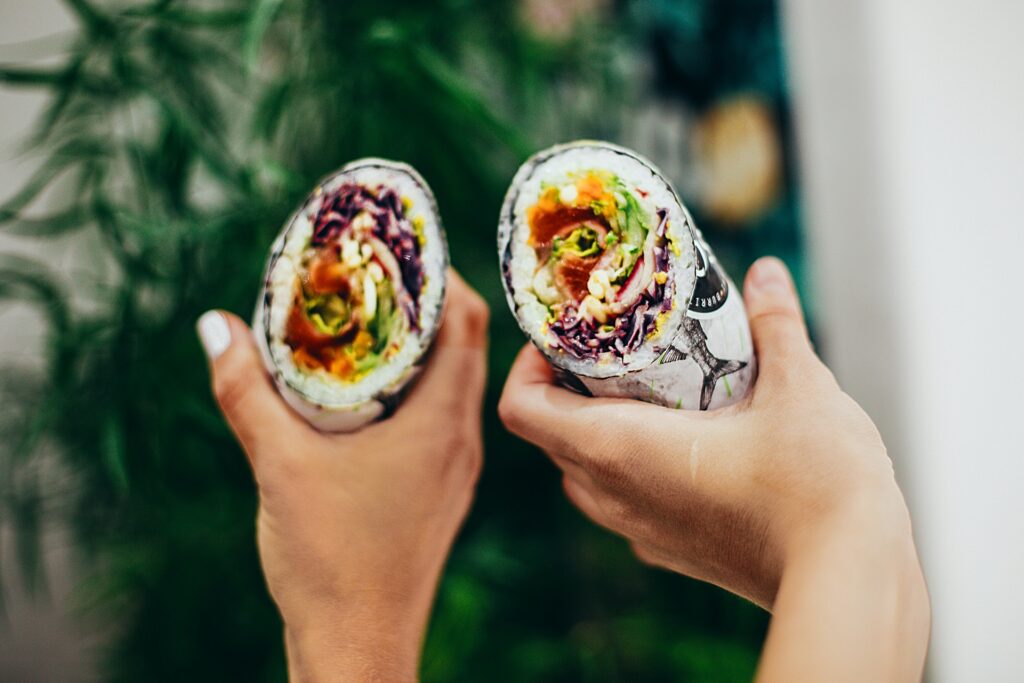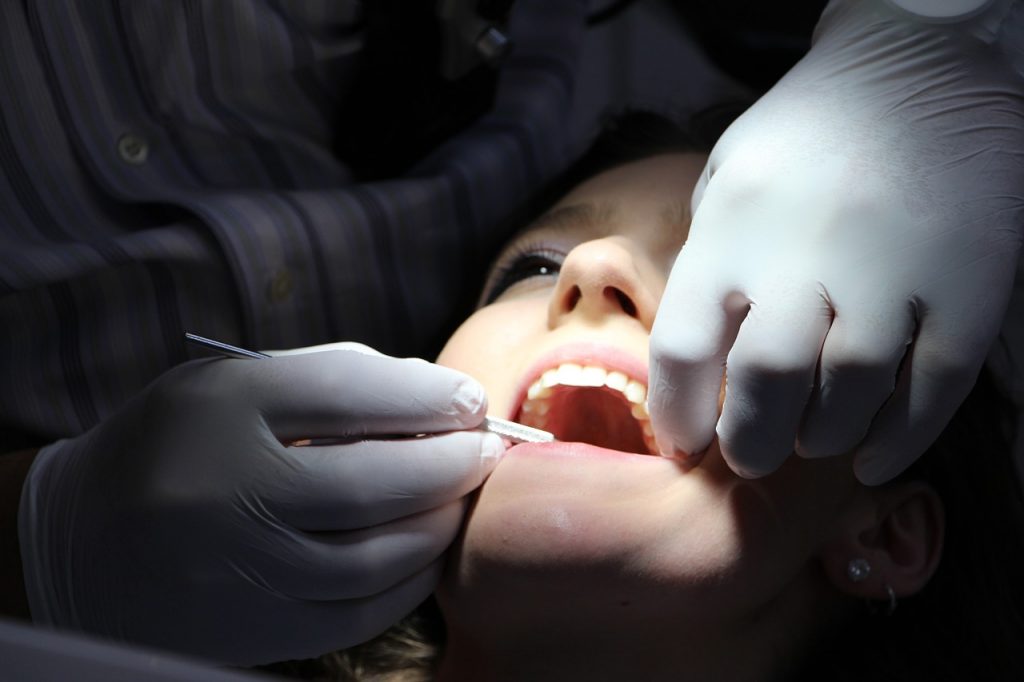When switching to a vegan diet, there can often be concerns about whether or not you’ll still be able to get all the vitamins and minerals you need for a happy, healthy body and mind.
While some will claim that a plant-based diet can provide just as much access to daily nutrients, others look to supplements to ensure they’re getting everything they need.
If you’re new to the vegan diet, here are five supplements to consider adding to your daily routine. Most of which you’ll be able to get via multivitamin gummies or capsules.
Vitamin B12
Some vegetarians and vegans can have a higher risk of vitamin B12 deficiencies.
B12 is used for most processes in the body – from metabolism, oxygen transportation, and the nervous system. Deficiencies in this particular vitamin can lead to anemia, infertility, and potentially heart disease.
Vegans can get more vitamin B12 through fortified foods like milk alternatives, nutritional yeast, and soy products. Alternatively, they can take the correct dose through supplements.
Vitamin D
Adults who spend 15 minutes unprotected in the sunshine should be able to get their daily dose of Vitamin D. While this is easy in the summer, it’s a little more difficult in the darker months. This vitamin helps the body to absorb the calcium needed for strong bones. It also improves the immune system, boosts mood, and enhances muscle recovery.
Before taking a vitamin D supplement, it’s a good idea to get a blood test from your GP to check for deficiencies. Too much vitamin D can cause its own round of problems.

Omega-3
Fatty acid omega-3 is commonly found in fish, which is obviously not part of a vegan diet. Alpha-linolenic acid is essential and can only be absorbed through your diet. Fatty acids play an integral role in brain and eye health, as well as alleviating depression, inflammation, and ADHD.
The easiest way to get the right amount of omega-3 into your diet each day is through a supplement. But if you’re keen to know which foods contain this essential vitamin, try flax and hemp seeds, chia, and walnuts.
Iron
Without fish and meat, an iron deficiency can lead to anemia, fatigue, and a lower immune system. Iron is needed to boost the metabolism, make new DNA, and produce healthy red blood cells.
Like vitamin D, you should consult a GP regarding an iron deficiency. Too much iron can be dangerous, so don’t take any iron supplements if you haven’t been advised to do so. You can naturally take in iron through fortified vegan foods like enriched bread and cereals, as well as beans, nuts, and seeds.
Calcium
The importance of calcium is trained into us from an early age. As kids, we’re encouraged to drink milk and eat cheese to ensure we grow big and strong. Calcium also helps with muscle function and nerve signaling. As we get older, our tastes change, and many people – including vegans – remove dairy from their diet. But during the aging process, our body’s ability to actually absorb calcium depletes, meaning that rather than reducing our intake, we should be upping the dose.
For vegans, there are several plant options that can provide added calcium to your diet, such as bok choy, kale, broccoli, and plant milk alternatives. If none of these take your fancy, taking a daily supplement is recommended.



